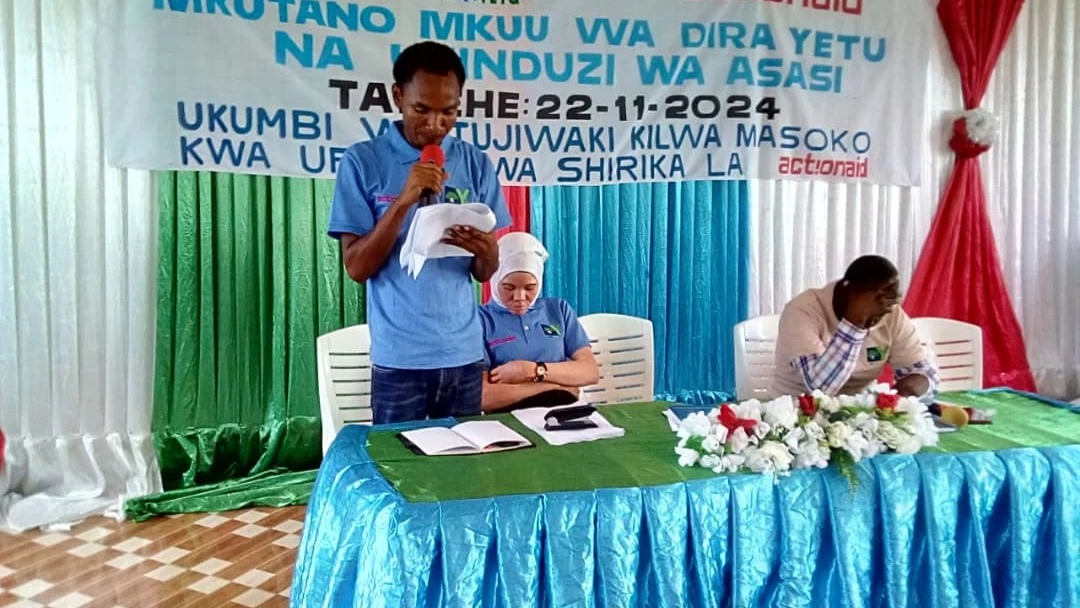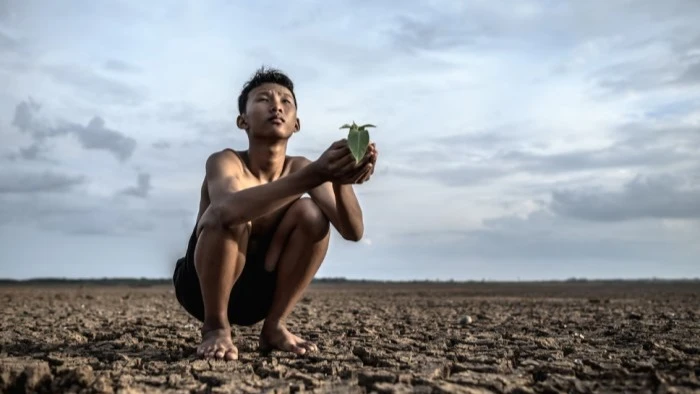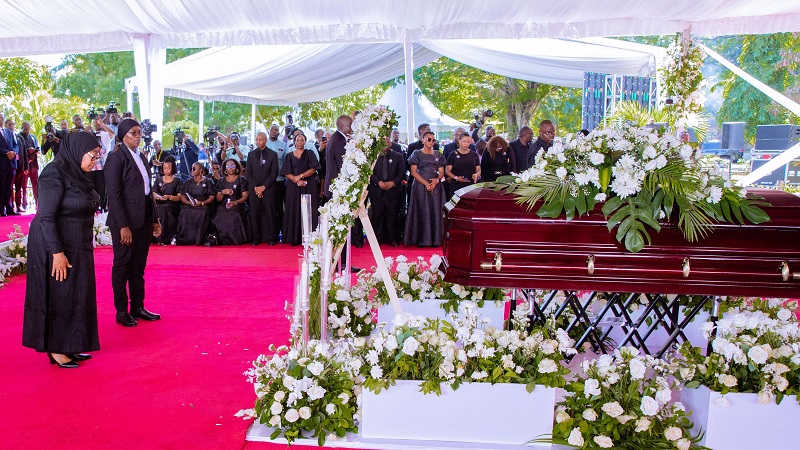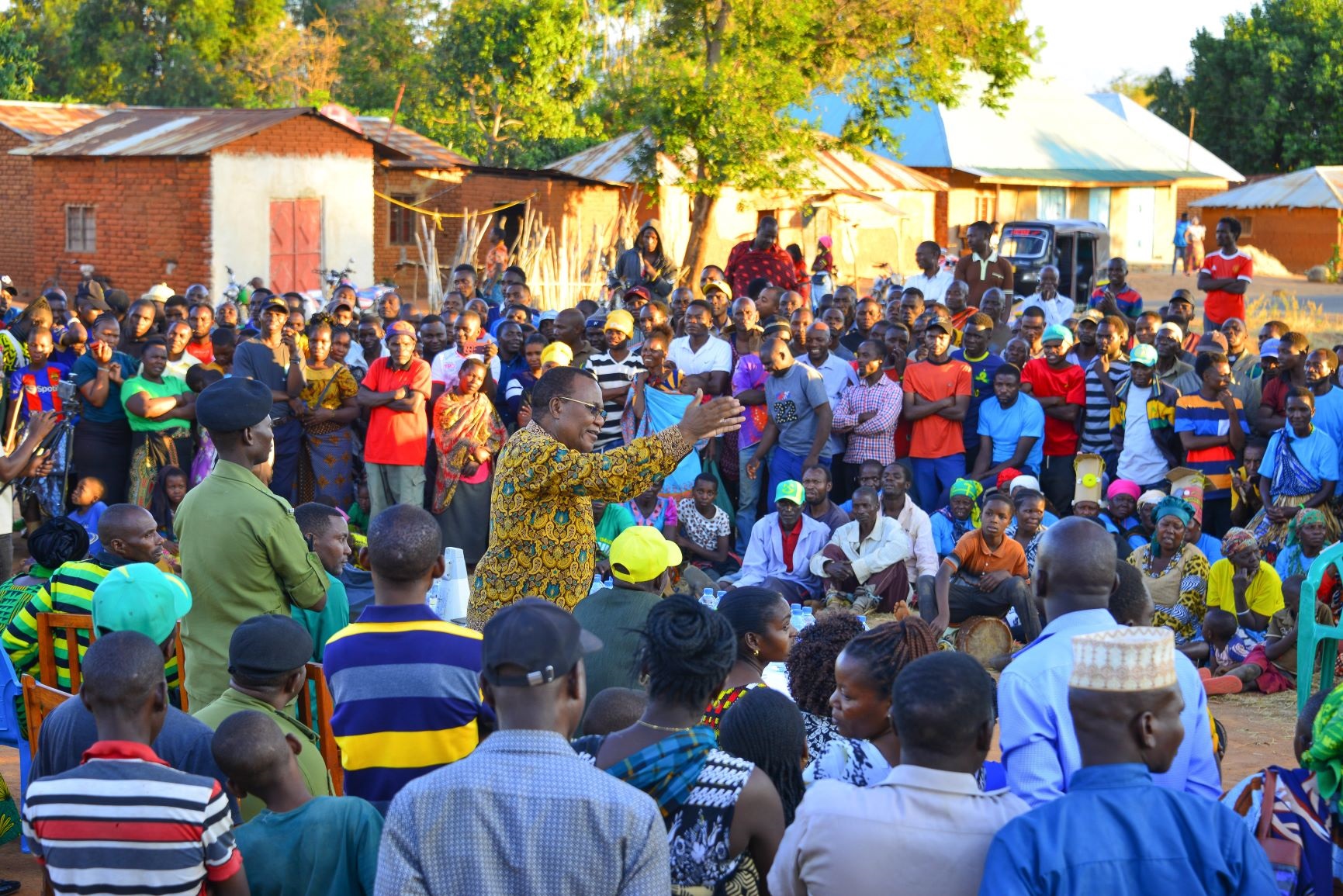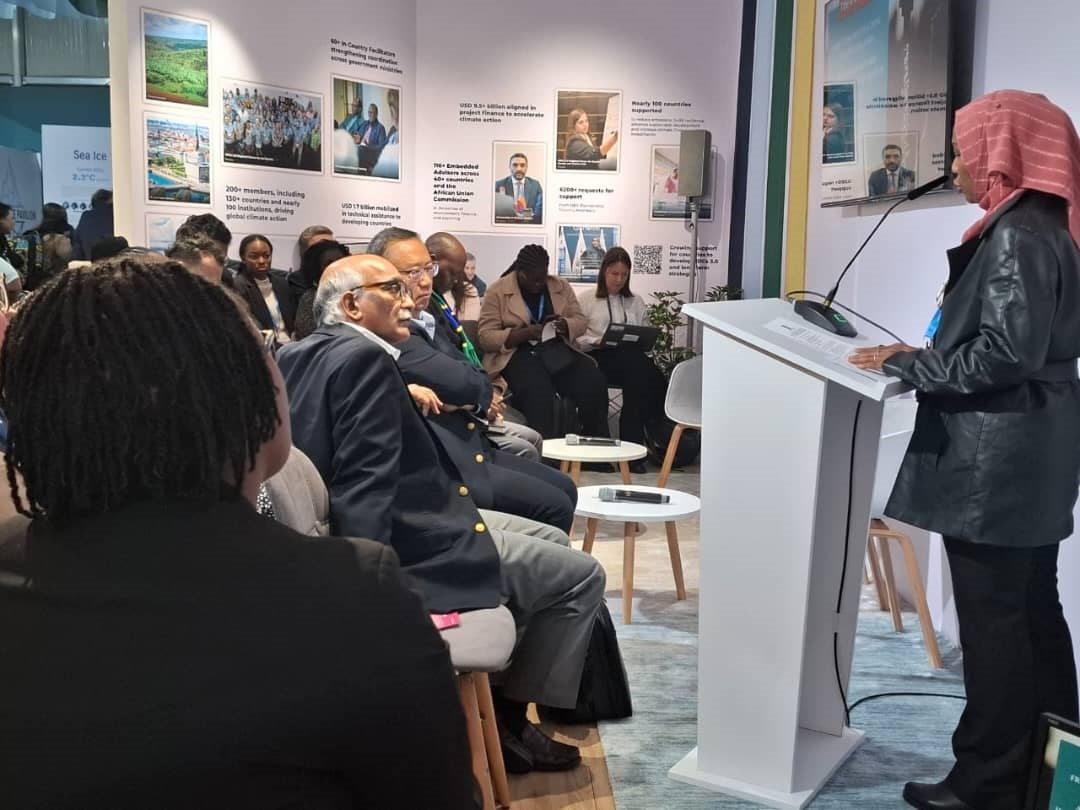PASADA transforms HIV treatment with first ARV therapy in Tanzania
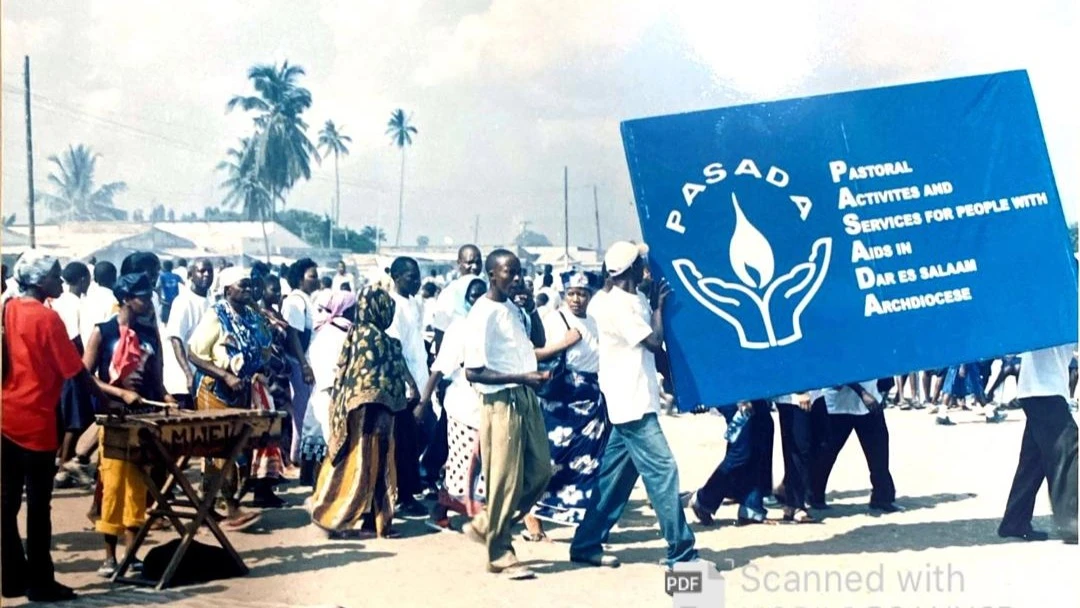
HIV/AIDS remains one of Tanzania's most pressing health challenges, affecting millions of lives and placing immense strain on the nation's healthcare system.
The disease continues to be a significant public health threat, with many individuals and communities grappling with its impact. Stigma surrounding HIV/AIDS, coupled with limited access to care and education in some areas, has made the fight against the epidemic even more difficult.
The stigma often prevents individuals from seeking testing, treatment, or openly discussing their condition, perpetuating cycles of infection and despair.
Amidst these challenges, Pastoral Activities and Services for People with AIDS (PASADA) has emerged as a powerful force, offering life-changing care, advocacy, and compassion to those affected by HIV/AIDS.
Since its inception in 1992, PASADA has been at the forefront of providing comprehensive care and support to individuals living with HIV/AIDS, transforming the landscape of HIV care in Tanzania.
The organisation's journey began in August 1992 when Father Georges Loire, a chaplain and Catholic priest at Muhimbili National Hospital, initiated efforts to integrate HIV/AIDS care into pastoral services. Appointed by His Eminence Polycarp Cardinal Pengo, then Archbishop of Dar es Salaam, Father Loire began serving the spiritual and physical needs of those affected by the epidemic, starting with a modest group of 150 patients. PASADA's initial services were provided at Attman House near St. Joseph Cathedral before moving to its current location at PASADA Chang'ombe (Upendano Dispensary).
PASADA's mission is to promote the physical and spiritual well-being of individuals suffering from HIV/AIDS and other diseases, improving their access to medical care, spiritual support, and livelihood assistance. With a vision of "a society in which all people can live life to their full potential with dignity and respect," PASADA offers a holistic approach to care, addressing both the physical and emotional needs of patients.
In its early years, the organisation operated largely on a charitable and voluntary basis, relying heavily on donations and the efforts of volunteers—many of whom were clients themselves. The grassroots support was critical in sustaining PASADA's operations, enabling the organisation to deliver vital care and raise awareness in the community despite limited resources.
Over the years, PASADA has expanded its reach and services. It now operates in three regions—Dar es Salaam, Mbeya, and Pwani—managing a total of 25 facilities across these areas. To date, PASADA has tested over 1.5 million people for HIV, treated 53,000 TB cases, and conducted over 1.1 million community outreach initiatives. Currently, PASADA provides a continuum of care to 27,401 clients, contributing significantly to public health in Tanzania.
A landmark achievement in its history came in 2003 when it became the first organisation in Tanzania to provide antiretroviral (ARV) therapy to patients. At the time, ARVs were prohibitively expensive and largely inaccessible to the general population. PASADA launched a pilot project to administer ARVs to 15 patients—10 adults and 5 children—using funds from charitable donations and volunteers. This pioneering initiative provided life-saving treatment to individuals who otherwise would have had no access to ARVs. Remarkably, 12 of the original 15 patients are still alive and in good health today, with many of them now serving as volunteers, supporting others living with HIV/AIDS.
The success of PASADA's ARV program is reflected in the lives of its patients. For example, one mother of four, diagnosed with HIV in 1988, has remained healthy thanks to ARV treatment. She has seen her children grow up and now has 12 grandchildren, with her eldest grandchild graduating from university this year. Her story is a testament to the effectiveness of early and consistent treatment. Another success story involves a young man who, after starting ART, was able to continue his education and eventually secure employment. He now serves as a mentor to others living with HIV, demonstrating the transformative power of treatment and support.
Despite its successes, the organisation faces several challenges. One of the primary hurdles is funding shortages. As a donor-dependent organisation, PASADA has struggled to secure consistent funding, which has limited its ability to expand and maintain its services. This financial dependence means that fluctuations in funding can significantly impact operations. For example, critical services such as food provision, drugs for opportunistic infections, palliative and home-based care, and community caregiver support have been diminished due to lack of funds.
Another challenge is the shortage of essential laboratory tests, such as liver and kidney function tests, which are crucial for monitoring patients on ARV therapy. Without these tests, it becomes difficult to provide safe and effective treatment, putting patients at risk. Additionally, the rising costs of medical supplies and equipment continue to strain PASADA's resources.
In response, PASADA is exploring several strategies to ensure its sustainability. One key approach is diversifying its funding sources. The organisation is working with multiple donors and exploring income-generating activities to reduce its reliance on a single funding source. This strategy will not only help secure financial stability but also foster a sense of ownership and responsibility among stakeholders.
Strengthening community engagement is also a priority. By involving local communities in decision-making, PASADA ensures that its services are culturally appropriate and tailored to the specific needs of the populations it serves. This approach fosters trust and collaboration, enhancing the effectiveness of PASADA's work.
Advocacy and policy engagement are also integral to PASADA's sustainability efforts. By working with government agencies and policymakers, PASADA aims to secure increased funding and support for HIV/AIDS programs. Its advocacy efforts highlight the importance of sustained investment in healthcare and the need for policies that prioritize the well-being of those affected by HIV/AIDS.
PASADA's journey from a small, volunteer-driven initiative to a leading organisation in HIV/AIDS care in Tanzania is a remarkable story of dedication, compassion, and innovation. Its pioneering efforts in providing ARV therapy have saved countless lives and set a precedent for other organisations in the region. PASADA's ability to adapt to challenges while continuing to deliver impactful services is a testament to its resilience and commitment.
The organisation's history serves as an inspiration and model for others striving to make a difference in the fight against HIV/AIDS. In a world where access to healthcare is often unequal, PASADA's work is a powerful reminder of what can be achieved when compassion, innovation, and determination come together. Its legacy of hope and transformation will undoubtedly continue to resonate for generations to come.
Top Headlines
© 2024 IPPMEDIA.COM. ALL RIGHTS RESERVED













